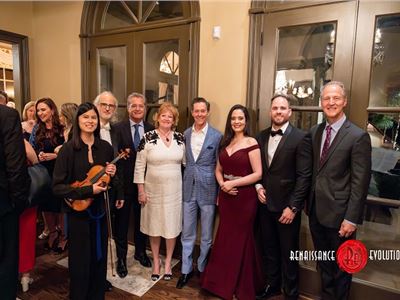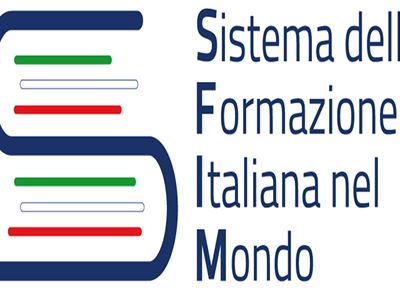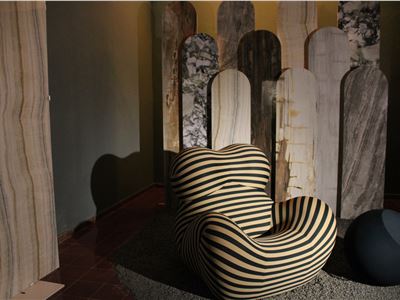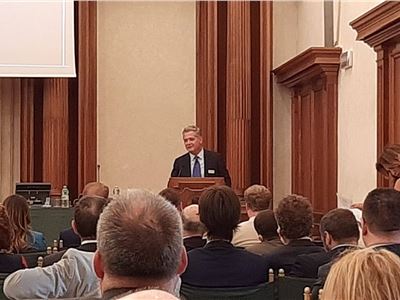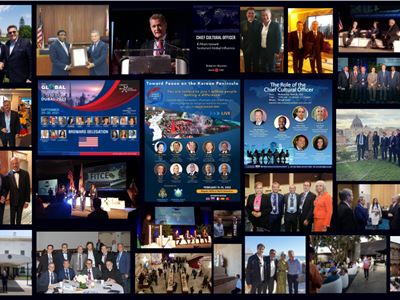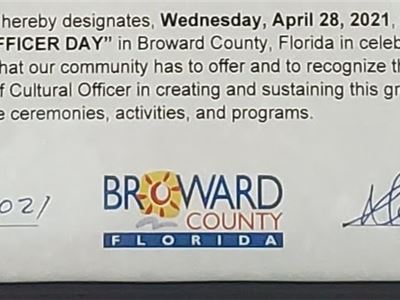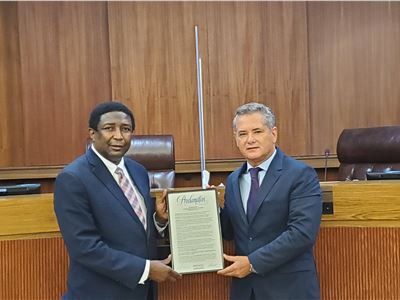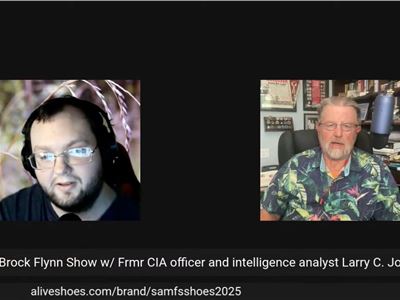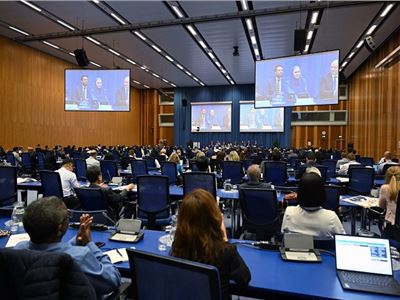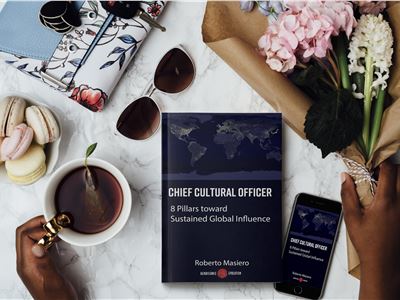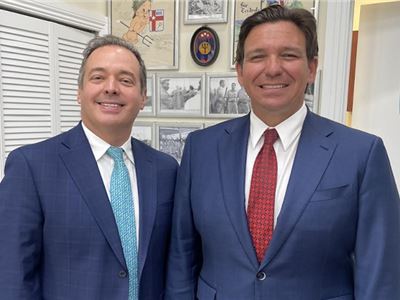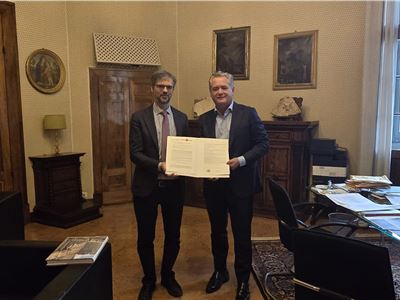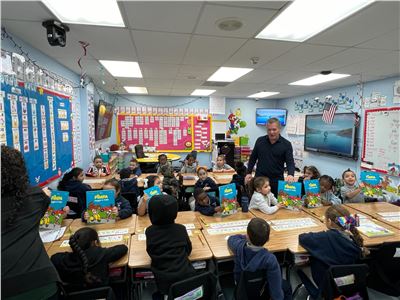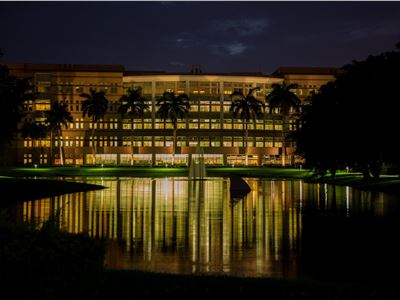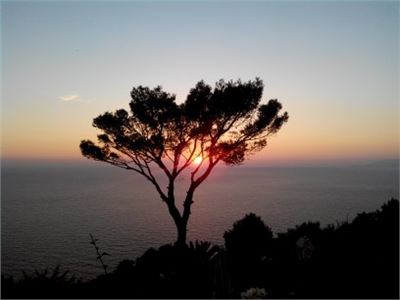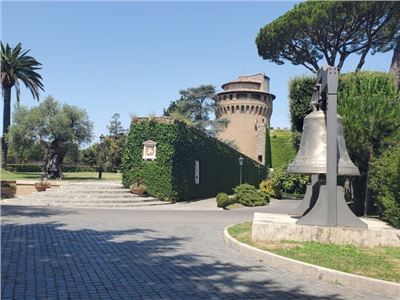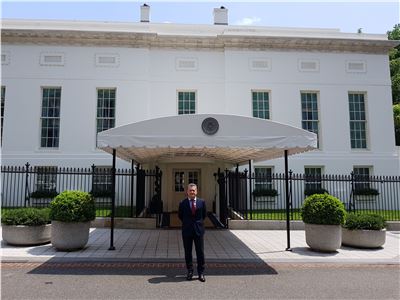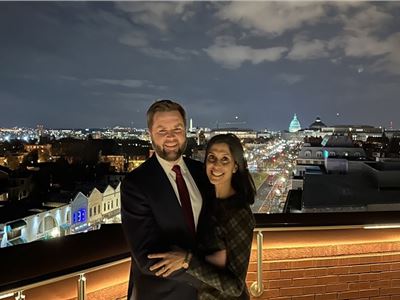"Life on Earth fits the rotation of our planet and for many years we knew that living organisms, including humans, have an internal biological clock that helps them to anticipate and adapt to the regular rhythm of the day," we read on motivations of the Nobel Academy.
"But how does this watch actually work?" Jeffrey C. Hall, Michael Rosbash, and Michael W. Young were able to look inside our biological watches and clarify their functions. Their findings explain how plants, animals, and humans adapt their biological rhythm so that it is synchronized with Earth's revolutions."
Let's now look at a short profile of the three American scientists.
Jeffrey C. Hall, the eldest, is 72, born in New York. Son of parents who fled Nazi Germany. Graduated from Washington University in Seattle. From 1971 to 1973 he worked at the California Institute of Technology in Pasadena. In 1974 he moved to Brandeis University in Waltham and since 2002 he worked at the University of Maine.
Then we have Michael Rosbash, 71, born in Kansas City, graduating in 1970 at the Mit in Boston (Massachusetts Institute of Technology) . After moving for three years at the University of Edinburgh (Scotland), in 1974 he returned to the United States at Brandeis University.
The third is Michael W. Young, 68, born in 1949 in Miami, graduated from the University of Texas at Austin in 1975. Until 1977 worked at Stanford University and from 1978 at Rockefeller University in New York. Considered a counter-current scientist, he had to win the resistances of the most "conservatives" to assert his ideas.




